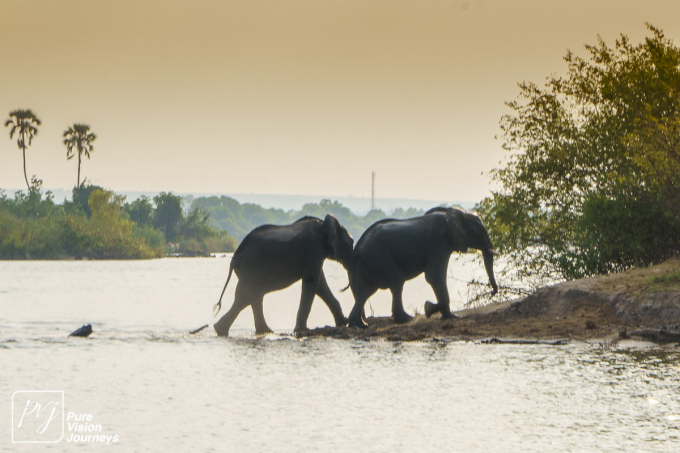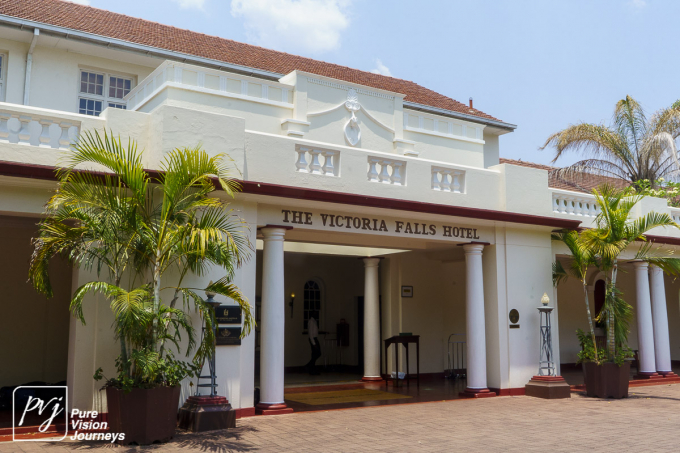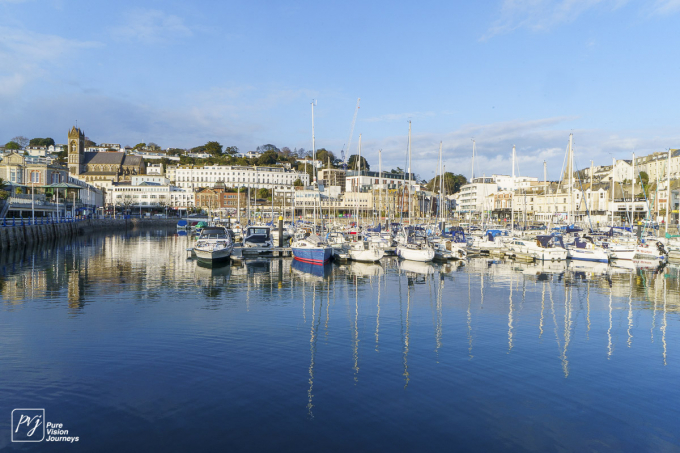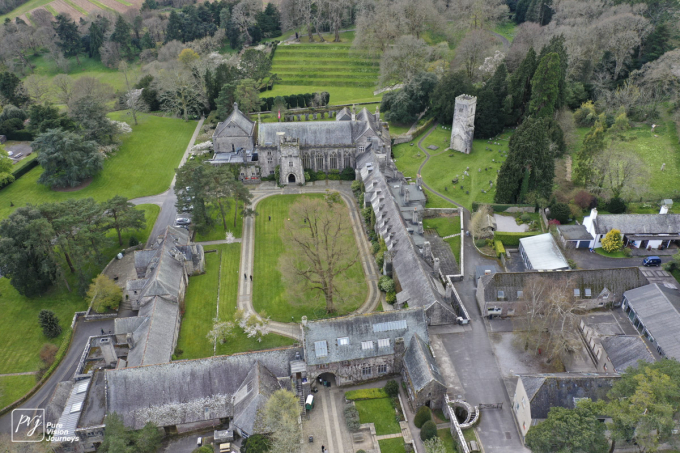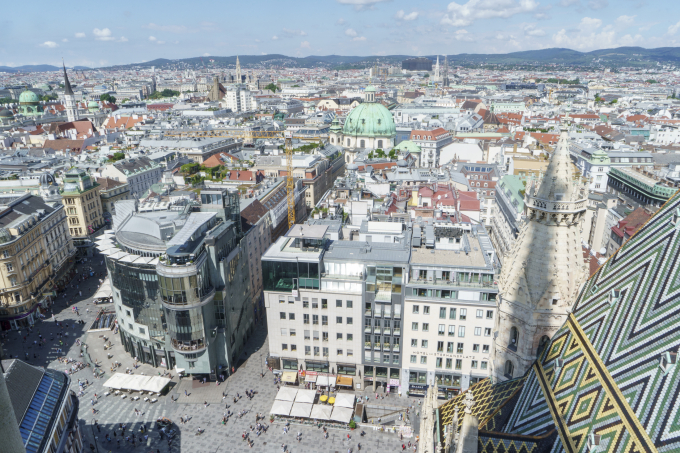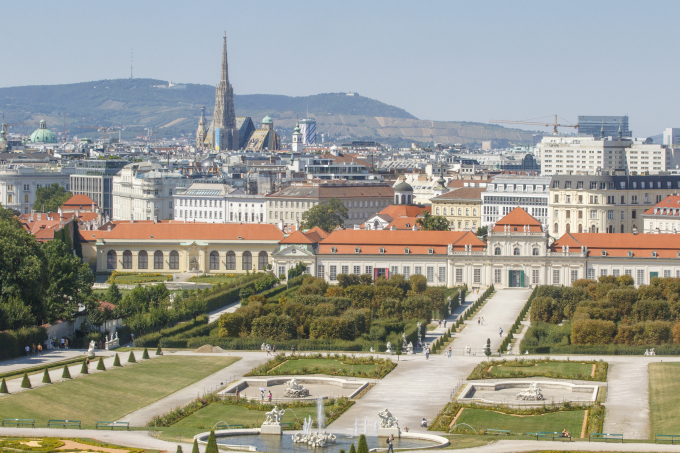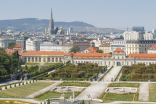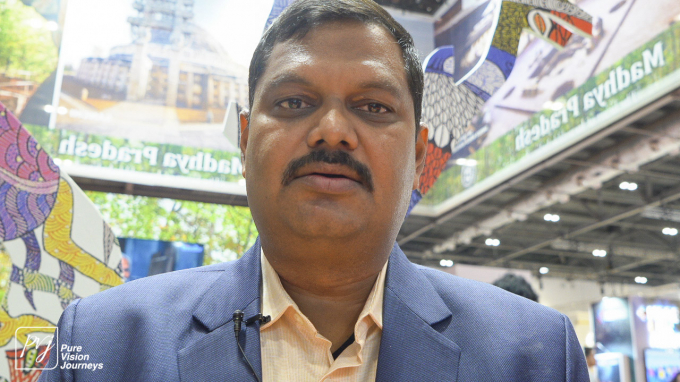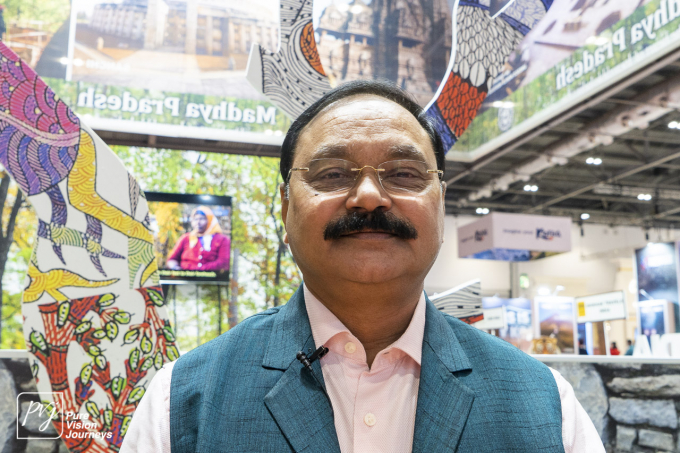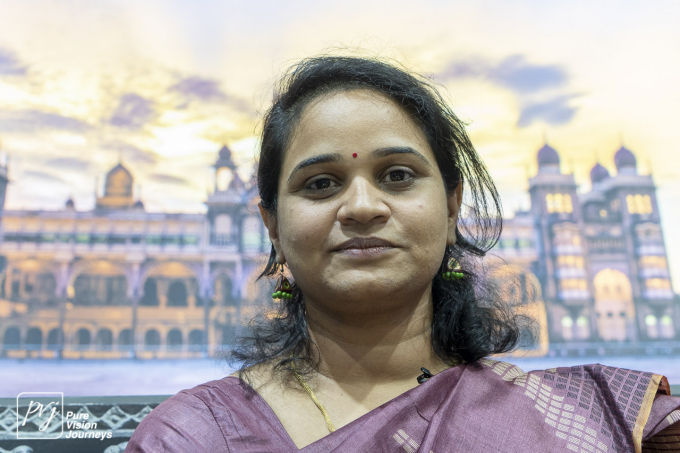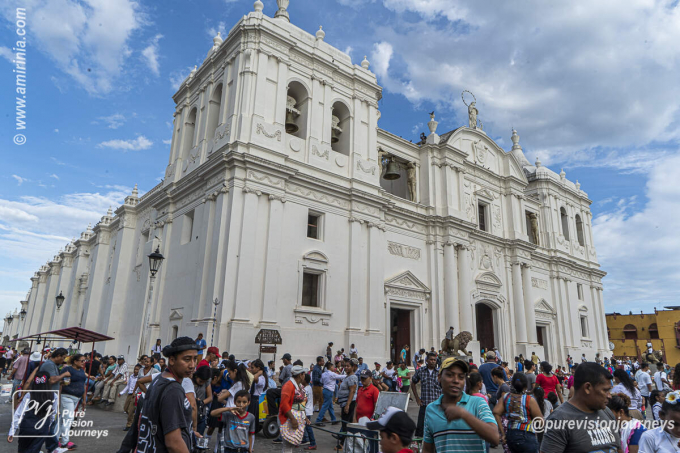Toka Leya, an ideal base for some great adventures
- November 8, 2023
I was standing on a wooden platform on the bank of the Zambezi River gazing at the magical vista. As I walked along the forested river bank breathing in the fresh air, I wondered how one man changed the landscapes along the river and around the magnificent Victoria Falls. The land used to be inhabited by the Lozi people, who were survivors from the disintegration of the Rozwi kingdom of Great Zimbabwe.
I’m at the Toka Leya Camp which is located at Mosi-oa-Tunya National Park.


